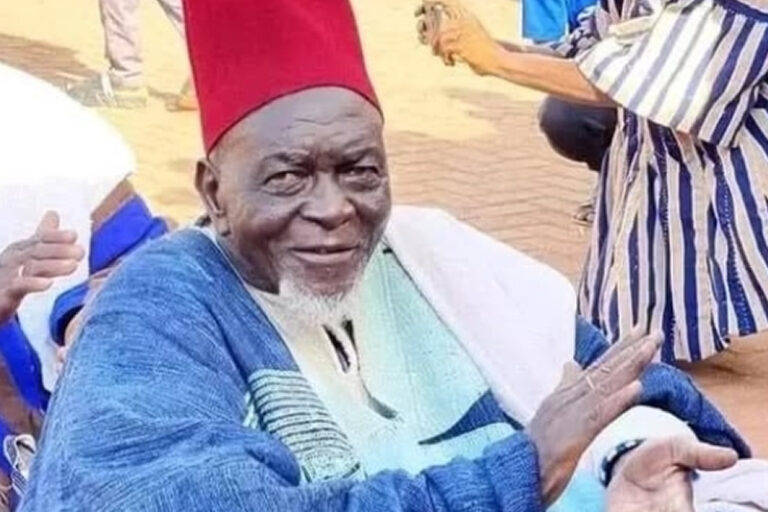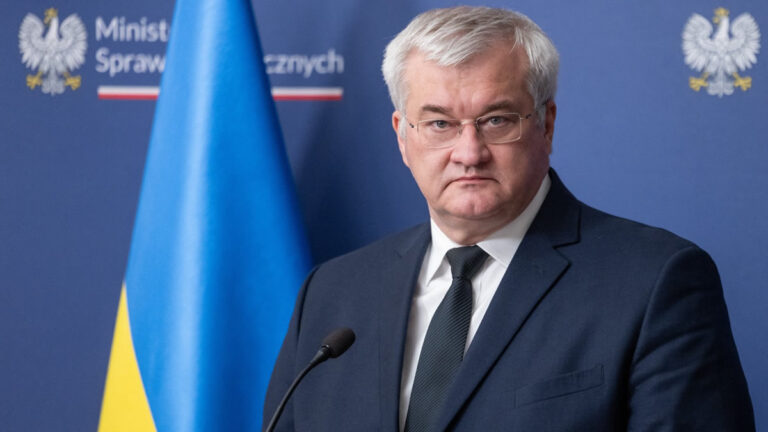No Place Like Home – The Inspiring Stories Of Returnees

Many irregular migrants who fail to enter Europe settle in Libya, but this journey towards the North, most often turns into a nightmare.
Statistics from the Ghana Immigration Service (GIS) reveal only five per cent of all migrants who attempt to enter Europe through the Sahara Desert and the Mediterranean Sea are able to reach their destination.
Unfortunately, the remaining 95 per cent ends up in detention camps and prisons, while others die of thirst, hunger, human abuse and torture on the desert.
Scenarios
Many African migrants also die through accidents on the high seas by drowning.
Despite dangers associated with the perilous journey, many young people contemplate traveling, and in fact find possible and all available means to go abroad and seek greener pastures.
Traveling abroad in general is not a bad idea; the big question however, is how potential migrants consider travelling outside their home country – either through appropriate or inappropriate routes.
EU-IOM Joint Initiative Project
Thanks to the European Union (EU) for its intervention towards supporting returnees to be reintegrated in the Ghanaian society.
The EU is funding the International Organisation for Migration (IOM-Ghana), implementing the EU Emergency Trust Fund for Africa to strengthen the protection and reintegration of migrants in Ghana.
Titled ‘EU-IOM Joint Initiative for Migrants Protection and Reintegration; Ghana’, is making a significant impact on the lives of returnees in the country.
Objectives
The overall objective of the project is to contribute to strengthening the governance of migration and ensuring sustainable reintegration of returning migrants in Ghana.
One of the core pillars of the initiative is Awareness Raising about the risks of irregular migration and the opportunities that are available in Ghana for youth.
Through its awareness raising activities, the project aims at influencing the decision-making of returning migrants, potential (irregular) migrants, as well as family members in the communities of origin who provide support to migration decisions.
The aim is to inform them about the risks of irregular migration, and legal channels of migration, and to foster better understanding between migrants/returnees and their societies.
Inspiring stories
“I migrated to Libya, where I suffered badly. Luckily, I came back home and I was able to set up a shop. Today, I’m making a profit selling groceries”, a returnee shares her story on condition of anonymity.
Another potential migrant only known as Leticia from Takoradi narrating her story said she considered migrating to Europe by irregular means, but joined the National Vocational Training Institute when a close relation motivated her.
“I learned from the returnees on the programme about the inhuman treatment they faced on their journey. Today, I am a licensed forklift operator and have the opportunity to make a living in Ghana”, Leticia said.
For Adam Hamidu from Kumasi, he migrated to Libya because of financial difficulties. “I faced a depressing situation there than in Ghana. Today I am working to develop my business, and with the sales I hope to support my family and brother”.
“The situation in Ghana may not be the best. But it is better to use your savings that you intend to spend to travel to Libya, to rather start a business.
“It is not worth it to suffer like I did. Traveling irregularly is one of the biggest mistakes anyone can make”, Kesse, another returnee in Techiman stated.
For Emmanuel in Kumasi, he spent a year and a half and over GHC8,000 trying to reach Italy.
“I survived a shipwreck on the Mediterranean Sea. The horrors I experienced are still vivid in my memories. But today, I am optimistic about my future as I focus on rebuilding my life”.
No Place like Home Campaign
The campaign “No Place like Home” implemented by the IOM-Ghana builds on the testimonies of hundreds of Ghanaians who have left their country in search for greener pastures.
Its purpose is to inform the youth on the risks of irregular migration and on opportunities available in Ghana.
While the campaign aims at raising awareness, it also aims at giving hope to all those who returned to Ghana; letting them know they can reintegrate into their communities successfully and that their return can benefit the entire society.
It further promotes sustainable reintegration back home by encouraging communities to embrace returnees and not stigmatize them.
Throwing more light on the EU-IOM project, Mr Collins Yeboah, the Community Outreach Officer, IOM-Ghana explained the project had supported 1,800 Ghanaians to return to their home country.
Majority of the returnees are from Bono, Bono East, Ahafo, Greater Accra, Ashanti and Western regions, with increasing cases of high returns in the Northern region, with over six per cent returns.
MICs
Considering the high returns, Mr Yeboah explained the EU-IOM project has supported the Ghana Immigration Service (GIS) to set up and commissioned Migration Information Centres (MICs) in Tamale, Accra and Sunyani.
The MICs provide returnees and prospective migrants with accurate and reliable information on migration for them to make informed migratory decisions.
They also facilitate and empower migrants to travel in a legal, voluntary and protected way, he said, adding plans were far advanced to set up another MIC in Takoradi to serve potential migrants with the same services in the Western Region.
Mr Yeboah explained the project had rolled-out a series of training sessions to build the capacities of GIS officers attached to the MICs on safe migration and Information and Communication Technology to empower officers to exert their mandate effectively and professionally.
The main objective of this training is to build the awareness raising and IT capacity of MIC Officers in Tamale, Sunyani and Takoradi to be able to undertake and manage information campaigns, he added.
Highlighting some achievements, the Deputy Commissioner of Immigration (DCI) Eric Afari, the Bono Regional of the GIS, explained since the MICs were established in 2016 the number of migrants returnees from Libya had reduced from 18,512 in 2011 to 4,031 in 2017 and further dropped to 741 in 2018.
“It is also significant to note that of the 2011 figure, 52 per cent of the returnees came from Bono, Bono East and Ahafo Regions. This figure reduced to 39 per cent (1,562) in 2017, and further dropped to 38 per cent (284) in 2018, he said.
The dramatic reduction of the number of returnees are partly due to the impact of the consistent sensitization campaigns of the MICs, which serve as reference points for potential migrants to verify the genuineness of their traveling documents.
While commending the EU and the IOM-Ghana for the establishment of the MCIs, DCI Afari urged the youth to access the centres, and desist from migrating through irregular routes to Europe to save their lives.
By Dennis Peprah
Source: GNA





